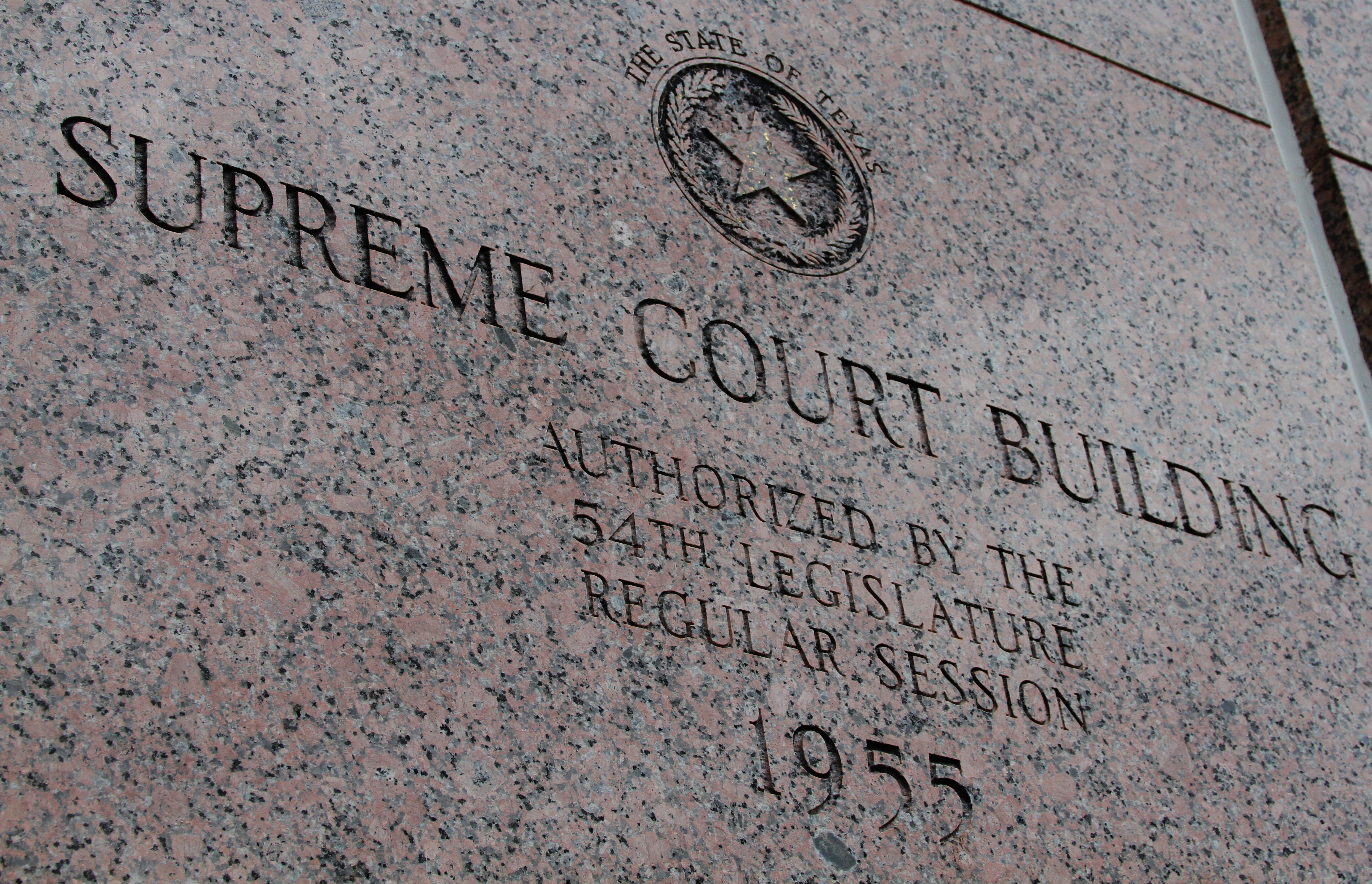Beeman v. Livingston
No. 13-0867
Case Summary written by Allison Grayson, Online Edition Editor.
JUSTICE JOHNSON delivered the opinion of the Court.
Laura Beeman sued the executive director of the Texas Department of Criminal Justice (TDCJ), Brad Livingston, claiming that Livingston violated Chapter 121 of the Texas Human Resources Code by failing to provide Beeman and another deaf inmate with proper ways of participating in inmate activities and telephone calls. More specifically, Beeman argued “Livingston failed to provide her with reasonable access to the telephone system used by inmates to make telephone calls to family and friends, and failed to provide sign language interpreters to allow her to meaningfully participate in educational, religious, and other programs at the prison.”
In making this allegation, Beeman alleged Livingston acted ultra vires in his failure to provide accommodations, creating an exception to any sovereign immunity Livingston might have as the executive director of TDCJ. In response, Livingston entered a plea to the jurisdiction, “arguing the Code does not clearly and unambiguously waive immunity.”
The trial court denied Livingston’s plea and instead granted a temporary injunction forcing Livingston to provide certain services to Beeman. Thereafter, the court of appeals reversed the claims for want of subject matter jurisdiction.
Issue: Are TDCJ prisons included in the definition of public facilities under Chapter 121 of the Texas Human Resources Code?
In this instance, the Court affirmed the decision by the court of appeals, stating that “[w]hile Chapter 121 is not a model of clarity, [the Court ultimately agreed] with the court of appeals that construing the term ‘public facility’ to include prisons does not reflect legislative intent as expressed in the term’s definition and the statute as a whole.”
Although the statute gives descriptions of what might fall under the definition of a public facility, including college dormitories or other educational facilities, the Court explained that nothing in the statute indicates “that the Legislature also intended to include prisons in the definition.” Further, if the Legislature intended to include prisons, it would have included prisons in the statute, and could easily do so in the future through an amendment to the Code.
Taking all of this information into consideration, the Court determined that Livingston was subject to sovereign immunity and did not act ultra vires in failing to provide special accommodations to deaf inmates. Therefore, the Court affirmed the decision by the court of appeals.


